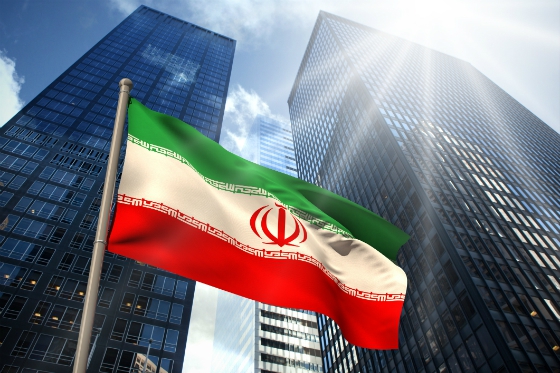In light of the World Bank Doing Business 2017 report that indicated Iran has slightly regressed in improving its entrepreneurial climate following years of lackluster performance, Majlis Research Center has published a report aimed at bettering the country's business prospects and putting it at the forefront of the region.
According to the report, from a total of 190 countries, Iran ranks 120th in ease of doing business index and is placed 16th among 25 countries in the Middle East and North Africa region.
Due to this "undesirable" status, the center has released a series of findings outlining 150 measures for the parliament and public-sector bodies to help achieve the ultimate goal of elevating Iran to become the region's top business-friendly destination.
The center recommends the measures to be treated as "a basis for reforms in the coming years" and a "lodestar" for entities in charge of improving Iran's Doing Business ratings.
Official entities named in the document are Company Registration Office, Social Security Organization, Ministry of Interior, municipalities, Water and Wastewater Company, Ministry of Energy, Central Bank of Iran, Securities and Exchange Organization, Iran National Tax Administration, Islamic Republic of Iran Customs Administration and the judiciary.
According to Majlis Research Center, the Ministry of Economic Affairs and Finance has been tasked with enhancing Iran's status in global institutions by collaborating with them and introducing potential opportunities to foreign investors.
Furthermore, an article in the sixth five-year development plan (2017-22) mandates the government to improve the doing business ranking by 10 points each year to reach a ranking of below 70 by the end of the plan.
Modest Proposals
In its report, the center reviews Iran's status, compares it with that of MENA countries with the best performance on the global scale and offers solutions on all 10 indices that include things that must be done by the parliament, related bodies and the administration of President Hassan Rouhani who recently won reelection in a landslide.
The first factor under review is starting a business. Iran ranks 102nd in 2017 compared to the fifth ranking achieved by neighboring Azerbaijan whose entrepreneurs can open a business in two steps against Iran's eight.
MRC advises reforms in the Trade Law and moving the bulk of procedures required to start a business online.
In obtaining construction permits, Iran's ranking of 27th compares to the second rank achieved by the UAE. Again, the UAE tops the region in terms of access to electricity with a ranking of four against Iran's 94.
The think tank calls for revising a portion of laws and regulations of municipalities and sixth plan. In addition to new rules in the electricity sector, it asks the Energy Ministry to establish a data linkup with municipalities.
In registering ownership, compare Iran's ranking of 86 to that of Georgia at three. The former Soviet state also holds the highest ranking (seven) in the region when it comes to obtaining credit against Iran's 101.
To improve Iran's ranking in these categories, the research center wants the parliament to revise a number of regulations and calls on CBI to create an integrated system within the banking network to share and work in tandem with INTA.
In supporting small shareholders, Iran holds a dismal global rating of 150th compared with Kazakhstan's third place. MRC wants better transparency by revising the respective regulations.
In terms of taxation, Qatar and the UAE jointly share the highest ranking in the world while Iran stands at 100. The center advises the parliament to "reduce corporate tax rates while simultaneously increasing VAT" and wants all tax-payment processes for companies to go online.
The last three indices reviewed by MRC were cross-border trade, implementation of agreements and resolution of bankruptcies in which Iran ranked 170th, 70th and 156th respectively. In this regard, the think tank mostly calls for a regulatory overhaul.
Financial Tribune
24 May

























































